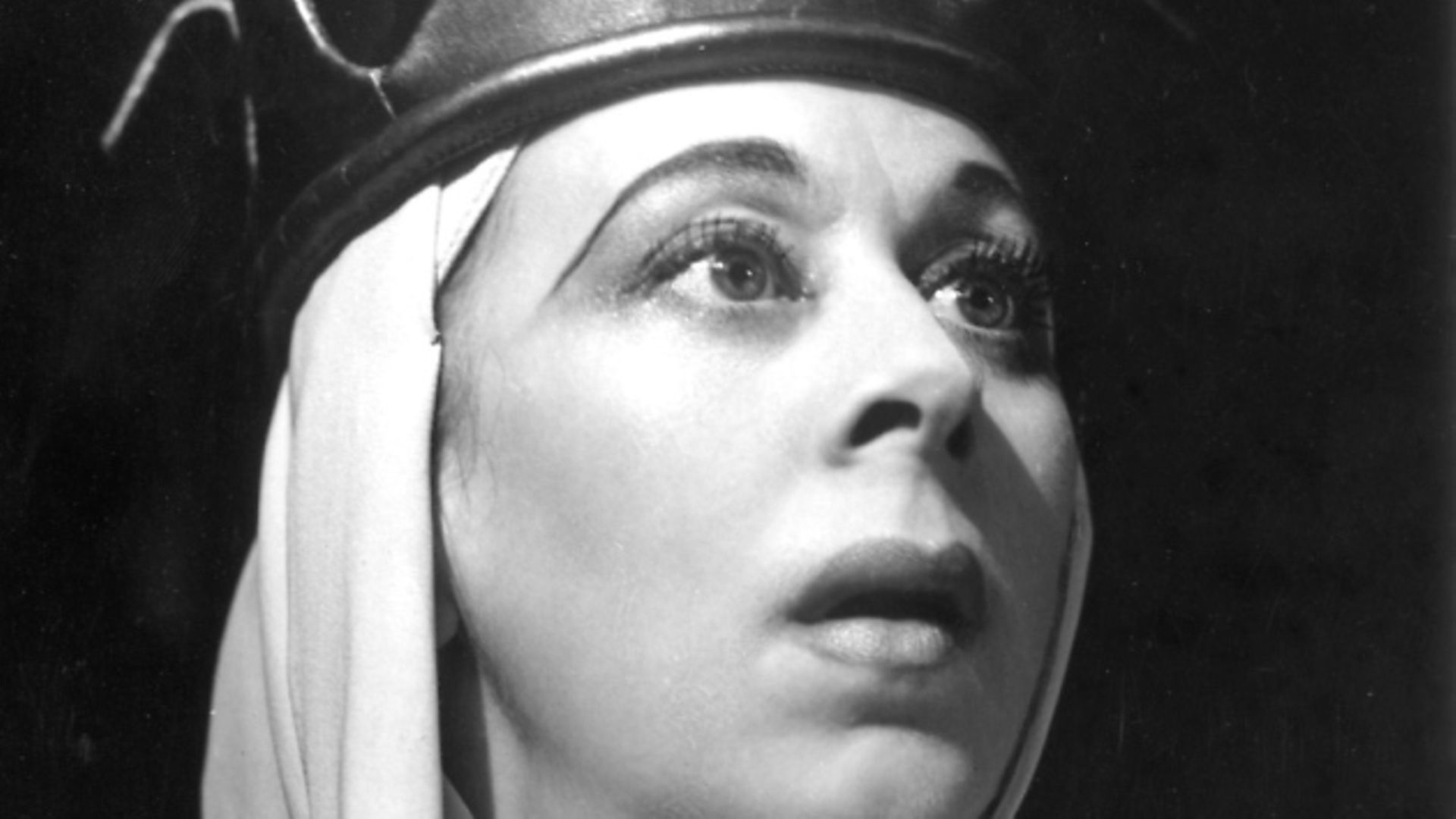
I find it somewhat ageing to admit that I once interviewed an actress who had played the title role in Tess of the d’Urbervilles with the author himself in attendance. I have thus shaken the hand of a lady who had shaken the hand of Thomas Hardy.
Dame Gwen Ffrangcon-Davies was celebrating her 99th birthday when I interviewed her, two years before her death in 1992. She was still managing to get by on her own in her little cottage in Stambourne in the Essex countryside and she indubitably had her wits about her. Always a jobbing actress, she instructed me to make it clear in my piece that she was still very much “available for work”.
Her old mate Sir Nigel Hawthorne had got in touch to suggest I interview her as a birthday treat, and, when I showed up, she poured me a very fine Amontillado in a pint glass and filled it half full. She was a remarkably unworldly individual. A television journalist who interviewed her in her kitchen just before me had emerged looking like the Jolly Green Giant. He’d ruefully explained she’d been chopping parsley with manic intensity as they’d filmed her.
I find no one in the theatre world has ever been remotely impressed when I’ve let slip I’ve interviewed the likes of Kirk Douglas, Lauren Bacall and Peter Ustinov, but the eyes widen in amazement at the mention of Ffrangcon-Davies’ name. She’s a part of cherished theatrical folklore. She made only a handful of films – including two Hammer horrors – but was unforgettable in all of them, and, while not a conventional beauty, she was acknowledged as a major stage star.
Sir John Gielgud, who played Romeo to her Juliet in 1924, considered her to be one of the finest actresses of her generation. In 1950, she succeeded in making the Queen cry when she saw her play Katherine in Henry VIII at Stratford. She was very much an actress of the Victorian era. She had learnt her craft at the feet of Ellen Terry, Sir Henry Irving’s leading lady. All she could remember of Thomas Hardy, by the way, was that he was a “respectful and encouraging” presence in the audience, and, when he came backstage afterwards, he told her she was very much how he had envisaged Tess.
In person, Ffrangcon-Davies was diminutive, immaculately dressed and made-up and spoke a bit like a rather fruity Lady Bracknell, a part she once played in a well-regarded stage production. She certainly didn’t look her age, but then she never really had. Anna Massey once underestimated how old she was by a quarter of a century. “I am not old because I do not think of myself as old,” she told me, adamantly.
She grew to be revered by generations of actors, but never, for one moment, overtly sought stardom or fame for herself. “That would have been very vulgar. I have no time for young people who tell me that’s what they want. It is something that might happen to you if you are very talented and very lucky, but it should be the last thing on your mind when you are starting out. My dear, the very presumption of it.”
In her long career, she had in any case seen how many fellow actors couldn’t cope with it. “Sometimes they achieve it all too early and it’s too much for them. Sometimes it proves to be a transient quality. Others of course just haven’t the temperament for it and it’s terribly damaging for them and in this regard I think of poor dear Vivien Leigh.”
She said, however, that one of the great pleasures of being around for a very long time in the theatre world was seeing people who, when they were starting out, she might have dismissed as quite mediocre, but in old age they ripened into something unexpectedly impressive.
Ffrangcon-Davies was, by contrast, good and dependable throughout her career. Not long before we’d met, I had seen her on the Wogan chat show when she had recited, word for word, the famous death scene of Juliet. She made her final acting appearance in a teleplay of the Sherlock Holmes mystery The Master Blackmailer at the age of 100. “You don’t give up, unless you have to,” she told me. “Who wants to be left twiddling their thumbs between giving up a job they love and the grave?”
Warning: Illegal string offset 'link_id' in /mnt/storage/stage/www/wp-includes/bookmark.php on line 357
Notice: Trying to get property 'link_id' of non-object in /mnt/storage/stage/www/wp-includes/bookmark.php on line 37






